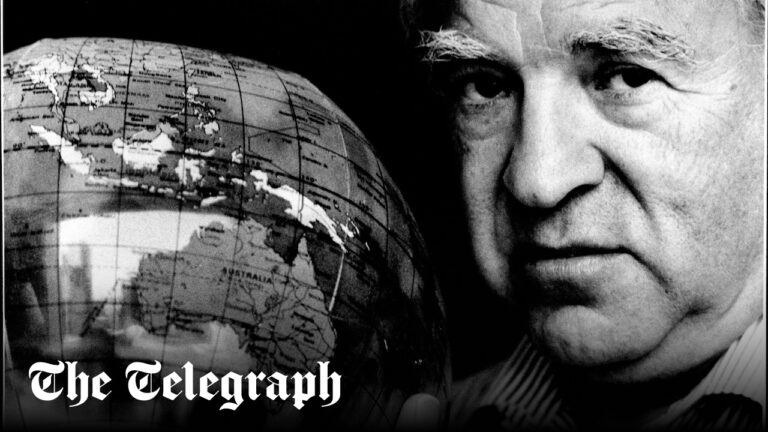Frommer believed that travel should be demanding, both physically and cerebrally. He saw it as one of the finest methods of self-education. Early on he realised the intrepid traveller’s essential truth: the less you spend, the more you enjoy. Dormitories, hostels and even a geriatric ward were his lodgings of choice. Luxury hotels were to be avoided. “They insulate you totally from the life and people of a country,” he said, while sightseeing was “inane”.
He circumvented the US ban on its citizens visiting Cuba and in Ireland eschewed a tour to kiss the Blarney Stone and instead enrolled on a course in Irish civilisation at University College Dublin. Closer to home he explored Colonial Williamsburg, fascinated by how many of the country’s hallowed founding fathers had been slave owners.
Of all Frommer’s travels, the French capital remained his leading destination, because it remained on the frontier of literature, art, culture, cuisine and political thought. “I am constantly invigorated by my trips to Paris… my favourite place in all the world,” he said.
Arthur Bernard Frommer was born into a liberal Jewish family in Lynchburg, Virginia, on July 17 1929. His parents, Nathan and Pauline Frommer, were immigrants, and soon settled in the “idyllic Mark Twain-like setting” of Jefferson, Missouri, where his father worked in the clothing industry. He was 14 when they moved again, this time to New York where at the end of the school day he worked as a copy boy for Newsweek magazine.

